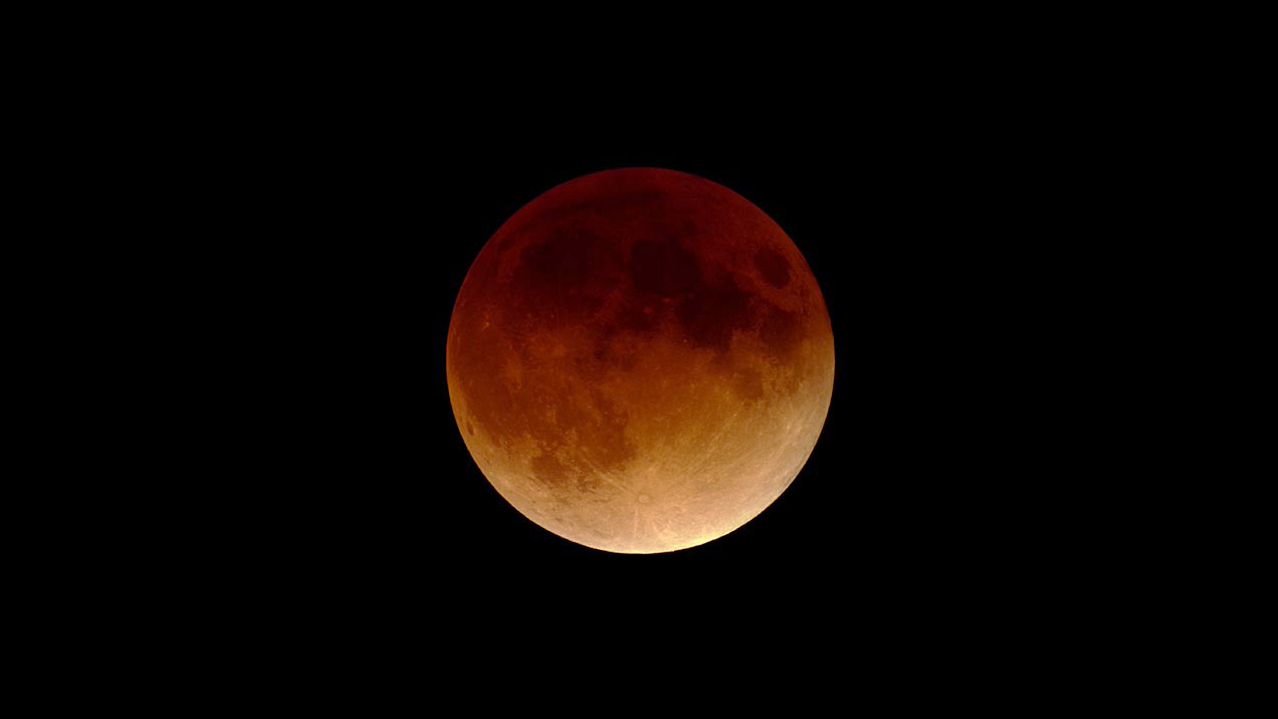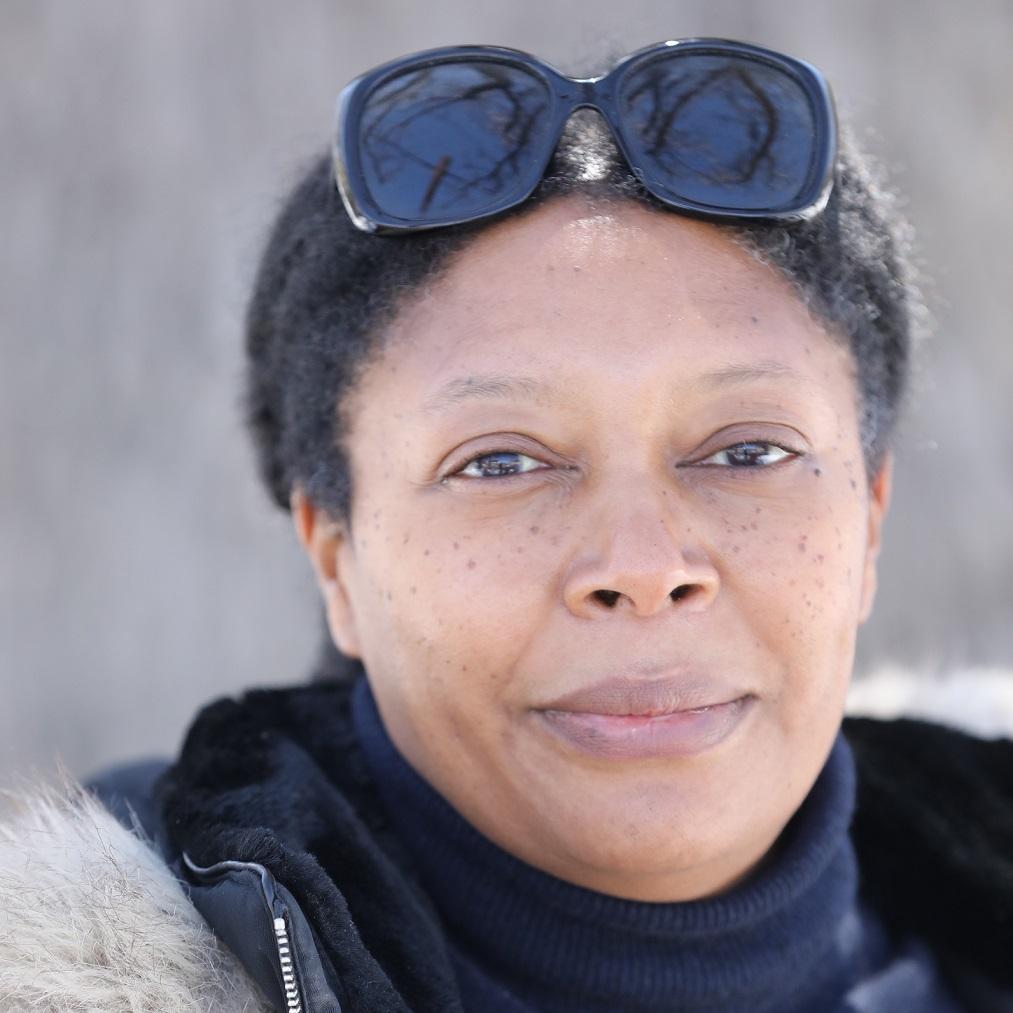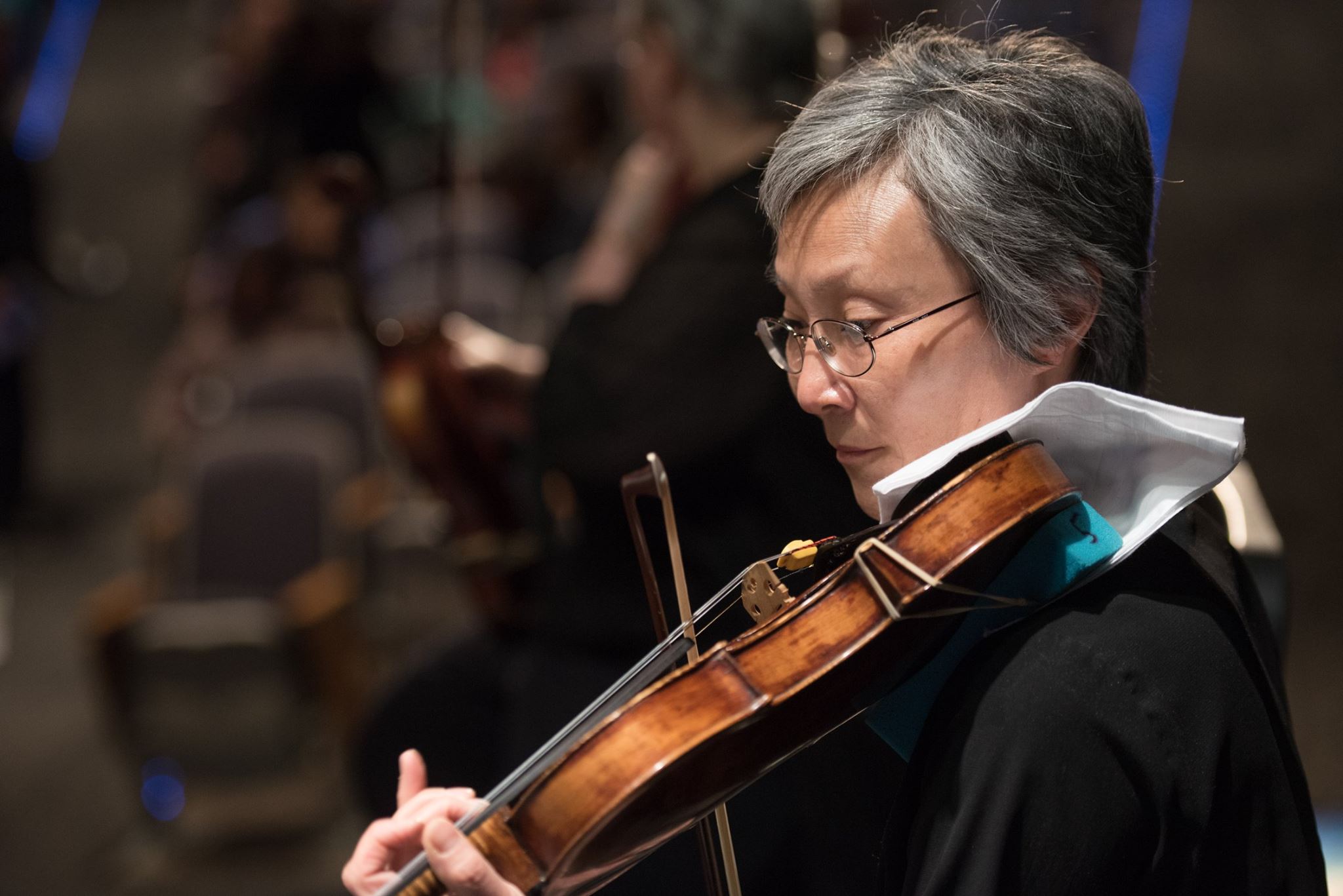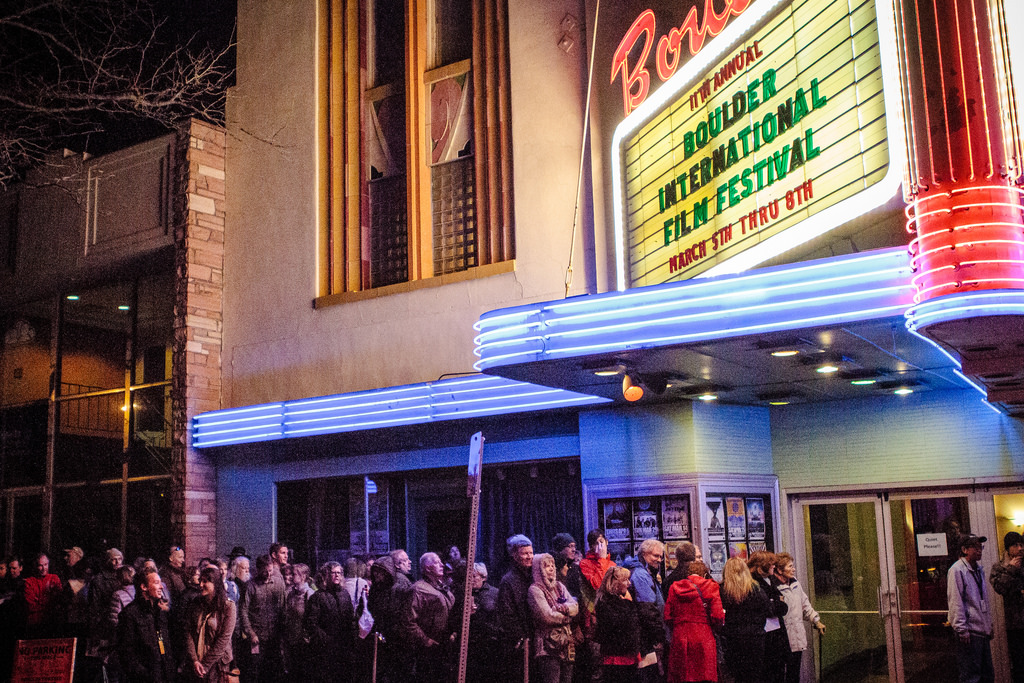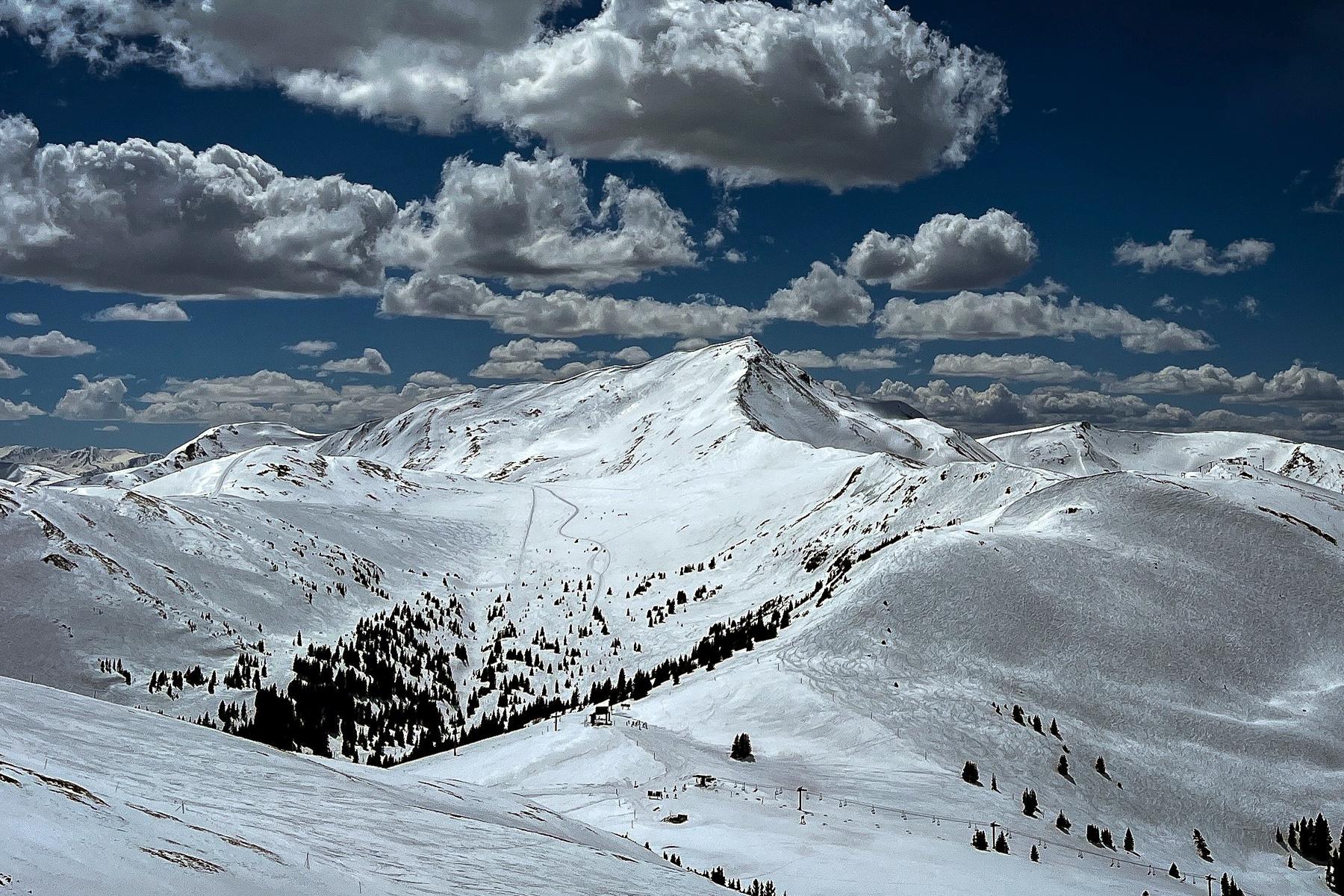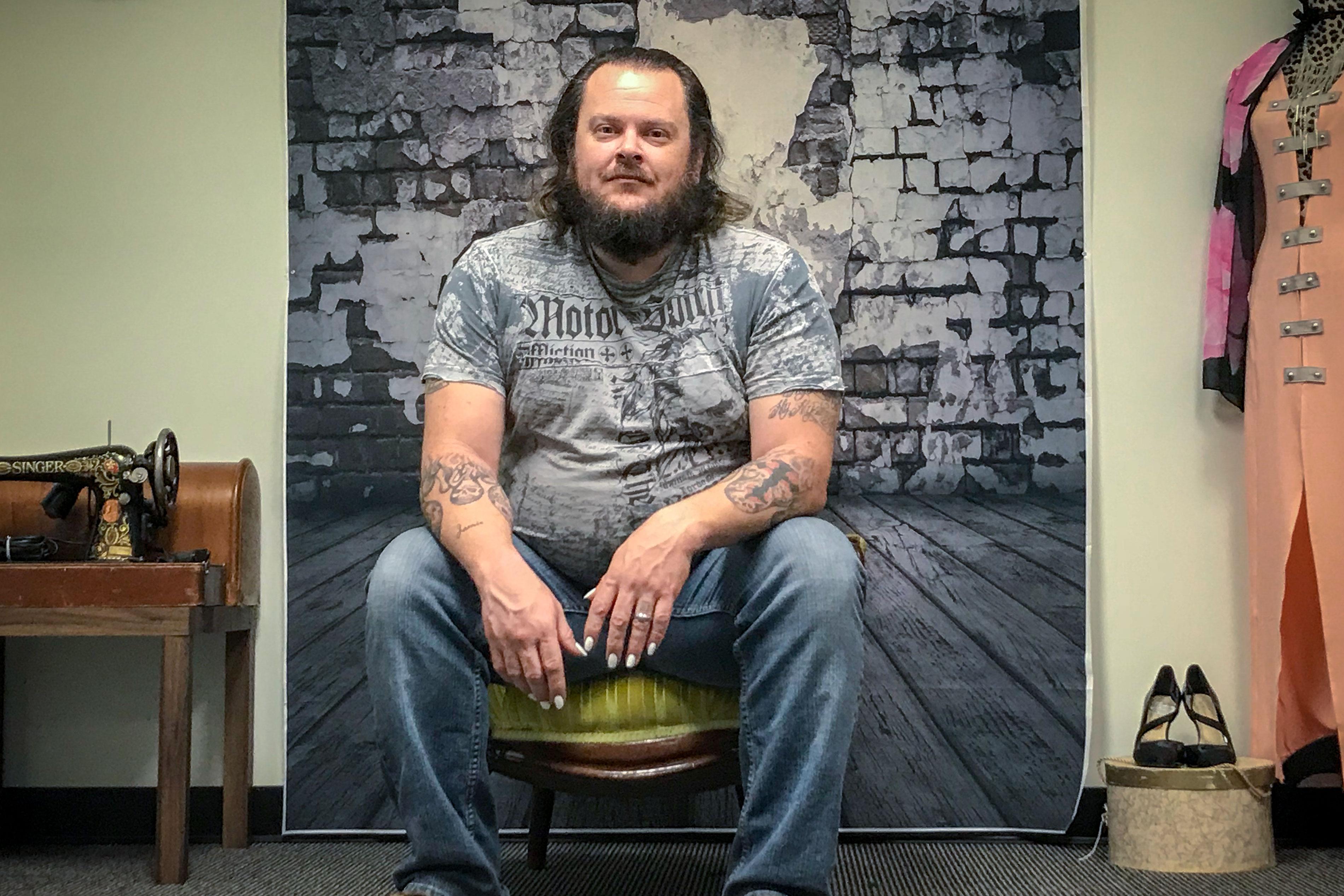

Denver Fashion Weekend started 10 years ago as what 303 Magazine editor-in-chief Brittany Werges called “a crazy, creative avant-garde hair show.” Those early fashion weekends weren’t all that inauspicious when you take into account the Mile High City’s old reputation.
“For a long time, I think people really thought of Denver as just a yoga pants town,” Werges says. “But there are a lot of creatives here creating really beautiful clothes… We’ve had a lot of great sold-out shows, and we felt the city was really ready to embrace it.”
This year marks the first time ever the event stretches to a week long. Say goodbye to fashion weekend and say hello to the new Denver Fashion Week: a string of nightly networking events, industry workshops and runway shows featuring big names and local designers. Conveniently, they get to keep their DFW acronym.
Also for the first time, the city has thrown some money into the effort. Denver Arts & Venues, the city’s cultural agency, provided funding and venue space for the fashion week’s workshops. Industry pros lead these training sessions for designers and models, teaching them how to grow their brand and business. Arts & Venues program administrator Lisa Gedgaudas says the city invested in Denver Fashion Week because they see it as a “well-primed step in supporting our fast-growing fashion” scene.
A New Growing Scene Vs. A Lost Industry
“I love the Denver scene,” says fashion designer Duane Topping. “But I think it would definitely benefit from more industry.”
This will be the third time Topping participates in a DFW event. He taught himself how to sew after retiring from the military in 2012 and eventually started Topping Designs with his wife. He says his first DFW show, last spring, was his big break.

“This fashion business exploded overnight and what turned out to be something I could do in my basement suddenly turned into a full-on business,” Topping says.
He believes the lack of nearby textile mills, skilled sample makers and a variety of places to buy high-quality fabric and oddball supplies are significant roadblocks for high fashion designers in Denver. Topping has started making trips to Los Angeles to buy his materials.
There used to be more of a textile industry here, though it was never a behemoth. Famed fashion designer Oscar de la Renta actually had his skiwear line designed and made in Colorado in the 70s. Those iconic Frostline outdoor gear kits were manufactured in Broomfield. Most of those factories closed between the 80s and 2000s, as companies started manufacturing overseas.
The textile industry contributed 0.2 percent to the state’s overall Gross Domestic Product in the 1970s, according to the Bureau of Economic Analysis. That has fallen to about 0.1 percent over the last 10 years. And the industry, in the 70s, accounted for an average of just over 3,900 jobs, about 0.3 percent of the state’s employment. Over the last decade, that number has fallen and the textile industry accounted for 0.1 percent of total employment.
The other missing piece are the long gone great retailers, says Carol Engel-Enright of Colorado State University’s Department of Design & Merchandising. She says “that part of the story is often left out.”

Denver’s 16th Street Mall used to be full of major department stores. But in the 80s, around the time of the state’s oil shale bust, retailers took a hit.
“I think Colorado lost its boom economy,” Engel-Enright says. “We had discount retailers moving in and people became more price conscious.”
Besides working as the internship coordinator for CSU’s Design & Merchandising, Engel-Enright is also involved in an initiative to support the garment and sewing industry in rural parts of the state. Rural Colorado Apparel Manufacturing originated around 2014. It has supported manufacturing centers in Wray and Julesburg with training and education.
Bringing back that industry would help other businesses in the region grow, says Jack Makovsky, executive vice president of Ralph’s Industrial Sewing in Denver.
“Everything in the world is sewn,” says the 47 year fashion industry veteran. “Whether it’s your furniture, whether it’s your drapes, your clothing or the seat belts in your car.”
Engel-Enright adds that supporting this industry “matters a lot for small businesses.”
“It’s one thing to have an idea, but another thing to get that small batch, get your products out to the market and test the market,” she says. “You cannot go straight to Asia [for manufacturing], and then try to figure out this business.”

The continued development of design programs at schools like CSU and the Rocky Mountain College of Art and Design — even some high schools — might eventually supply a skilled workforce for that infrastructure.
For now, the Denver fashion community is finding workarounds.
Makovsky is also the chairman of the board of Denver Design Incubator, a nonprofit that Engel-Enright helped establish around 2010. It’s like a co-working space for designers. There are classes and a library full of binders with information about resources. Makovsky says the incubator also connects designers with industry professionals, such as pattern and sample makers.
In a nod toward Duane Topping, Markovsky says you “don’t have to go to New York and LA, we can do it right here.”
Denver Fashion As A National Player?
Ultimately, it comes down to the challenge of selling clothes. Smaller fashion businesses have a tough time meeting price points at boutiques. And runways shows aren’t always set up to draw buyers — but that’s changing.
Massif Fashion Week, coming to Denver in May, has focused on attracting buyers. Director and co-producer Kevin Alexander says they started Massif Fashion Week in 2015 after traveling to fashion weeks in New York and Paris. They give priority to buyers, “such as boutiques and fashion blogger to attend our showcase rather then making it a big party,” Alexander says.
Designers pay to showcase their lines at Massif because the “fashion industry is a business,” Alexander says. “But, at Massif Fashion Week, we provide our designers with a platform that comes with professional services, such as agency-represented models… [and] runway videos and photos of their full collection.”
With the expansion of Denver Fashion Week, 303 Magazine’s Brittany Werges says they also hope to introduce more buyers to local fashion designers: “We’re really trying to connect as many people in the fashion industry as possible.”
There have been Colorado fashion designers that have made a name for themselves nationally.
You may know Denver-born Mondo Guerra from his stint on season eight of “Project Runway” and when he won the first season of “Project Runway: All Stars.” Guerra has since grown his brand beyond TV appearances and moved to New York in 2016.

Mona Lucero, who runs the Fashion Association of Denver, says that people sometimes laugh when she tells them she’s a fashion designer based out of Denver. But people are figuring out how to better sell and market themselves online, which Lucero says could open the door for Denver to make a splash on the national scene.
“I know a lot of people who are doing great stuff here and eventually they won’t laugh anymore,” Lucero says.
Even with the obstacles, many Denver fashion designers are committed to staying in Colorado. Some want to be near family, while others enjoy the lifestyle. Mostly though, they have faith in the Denver fashion community.
Despite showing her clothing at New York Fashion Week when she was 26, designer Rachel Marie Hurst says the runway shows at Denver Fashion Week “solidified my career.” She’ll debut her plus-size line this year and says she’s been putting in long hours to get it done. The new collection is “all about sleeves” — which she says is one of her obsessions.
“I love how they layer, how you can do like two pieces, and give a different look for the same outfit,” Hurst says.
She treats her small Glendale studio as a sacred place, and a source of her inspiration. That attitude carries over to DFW and the Denver fashion scene too.
“You can be in love with something and still think that there needs to be a little bit of work done,” Hurst says. “We’re growing, learning, failing and succeeding together. I think Denver is onto something big.”
Denver Fashion Week runs March 18-25, 2018. The fall fashion week runs Nov. 4-11.

